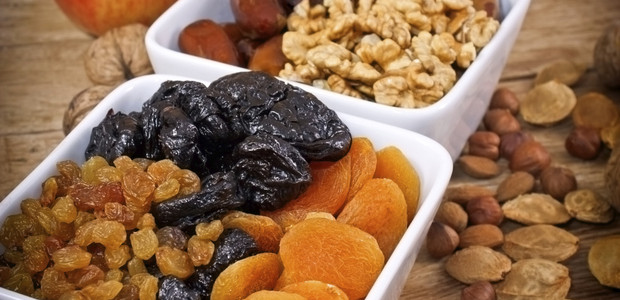
In the year to November 2015 food prices decreased 0.2 percent, influenced by lower prices for grocery foods, Statistics New Zealand said today.
Grocery food prices decreased 3.2 percent over the year, led by lower prices for dairy products, breads, and cereal.
Grocery food prices are at their lowest level since 2010, having peaked in early 2012.
“Dairy prices were relatively stable in November, but are still driving annual grocery food prices down,”
consumer prices manager Matt Haigh said.
“Sugar prices have also fallen during the year, with a 1.5 kilo bag of white sugar averaging $2.34 in
November, compared with $2.61 a year ago, and a peak price of $3.19 in January 2012.”
Fruit and vegetable prices increased 2.3 percent over the year, led by higher prices for avocados and potatoes. These increases were partly offset by lower prices for apples, tomatoes, and broccoli.
Tomato prices averaged $2.84 per kilo in November compared with $3.47 a year ago.
Meat, poultry, and fish prices decreased 0.2 percent, while restaurant meals and ready-to-eat food
prices increased by 1.9 percent.
Vegetable prices fall in November
In November food prices fell 0.2 percent, influenced by seasonally lower prices for vegetables. Seasonally adjusted food prices rose 0.3 percent.
Meat, poultry, and fish prices rose 1.6 percent, reflecting higher prices for all types of meat, especially
chicken (up 4.4 percent). Non-alcoholic beverage prices were also up, driven by higher prices for energy
drinks.
“Prices fell for tomatoes, lettuce, and broccoli in November,” Mr Haigh said. “Vegetable prices were down 8.5 percent, although the fall was only 1.2 percent after adjusting for seasonal effects”.
